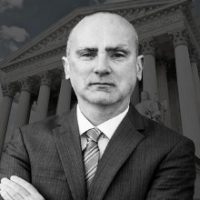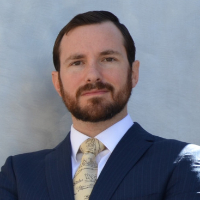Rainbow Felony Lawyer, Texas
Sponsored Law Firm
-
 x
x

Click For More Info:
-
The Todd Rash Law Group
2363 Hwy. 287 N. Suite 205 Mansfield, TX 76063» view mapCriminal Defense Law Experienced Aggressive Injury Lawyers
When you need an experienced aggressive Criminal Defense attorney that delivers results. Todd Rash's record speaks for itself.
800-698-5790
Craig Allen Dameron
With over 15 years of experience representing clients charged with DWI and other criminal charges in Tarrant County and throughout the Dallas-Fort Wor... (more)
Christopher Lankford
✓ VERIFIEDChristopher Lankford is licensed to practice law in all Texas state courts, Federal court (Northern District of Texas), and the Supreme Court of the U... (more)
Robert Keating
✓ VERIFIEDAttorney Rob Keating has successfully represented individuals charged with crimes ranging from serious felony offenses to minor municipal citations in... (more)
Ali Oliver Hassibi
FREE CONSULTATION
CONTACT Todd Rash Mansfield, TX
Todd Rash Mansfield, TX Practice AreasExpertise
Practice AreasExpertise



